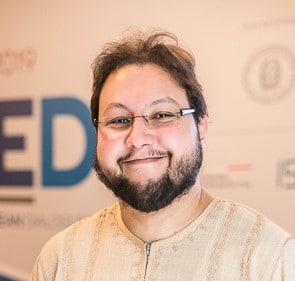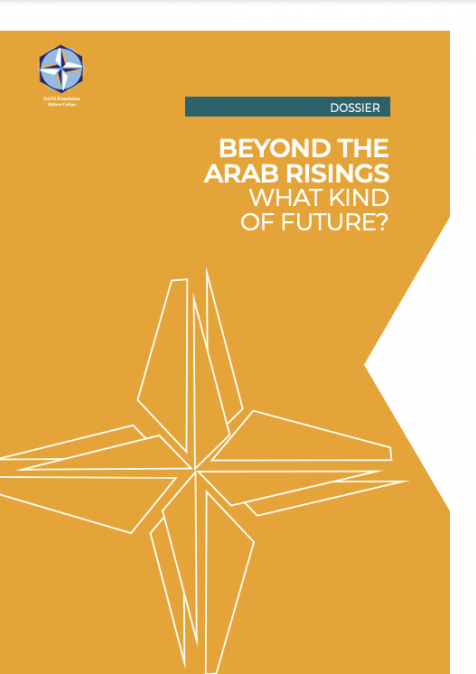Les Mardis du PCNS 04/05/2021 : الإبداع الاجتماعي: أي تأثير على الانتعاش الاقتصادي في المغرب ؟
لقد أصبح الإبداع الاجتماعي يهم مجموعة من الفاعلين بشكل عام نظرا لقدرته على مواجهة التحديات الاجتماعية والبشرية والبيئية كبديل من البدائل التي أثبتت نجاحها من خلال مجموعة من التجارب التي تعتمد الإبداع الاجتماعي كرافعة للتنمية. فكيف يمكن تعريف الإبداع الاجتماعي بشكل يوضح كيفية ارتباطه بمختلف المجالات بسياساتها العمومية؟ ما هي مجالات تطبيقه المختلفة؟ وهل يحظى المغرب بإطار قانوني أو استراتيجية وطنية للابتكار الاجتماعي؟ نعلم اليوم أن الإبداع الاجتماعي يعد بديلا للتحكم في الإكراهات الاقتصادية وفي مواجهة القضايا الاجتماعية والبيئية التي تواجه مجتمعنا، لكن هل المغرب يتمتع أساسا بنظام مناسب ومرن يعزز من فاعلية الإبداع الاجتماعي (من حيث البنيات والفاعلين وحتى ثقافته كتوجه وكإطار عملي)؟ وعلى اعتبار أن الحاجة تتطلب الابتكار من ناحية الاستجابة نجد أن مثلا الأزمة الصحية دفعتنا إلى إعادة التفكير في عاداتنا لتلبية الاحتياجات الاجتماعية على أفضل وجه. إلى أي مدى سيكون الابتكار الاجتماعي ضروريا ومفيدا وواعدا، وكيف يمكن أن يستجيب للتحديات الاقتصادية اليوم والغد؟ يشكل تطوير النظام المقاولاتي أولوية بالنسبة للمغرب. إلى أي مدى يؤخذ الابتكار الاجتماعي بعين الاعتبار وما هي التوصيات التي يمكن تقديمها فيما يتعلق بتعزيز الابتكار الاجتماعي داخل المجتمع وتقوية الهياكل والجهات الفاعلة المكونة له؟ المسيّرة: إيمان لهريش، مسؤولة عن البرامج بمركز السياسات من أجل الجنوب الجديد المتدخل: عدنان عديوي، عضو مؤسس للمركز المغربي للإبداع والمقاولة الاجتماعية






